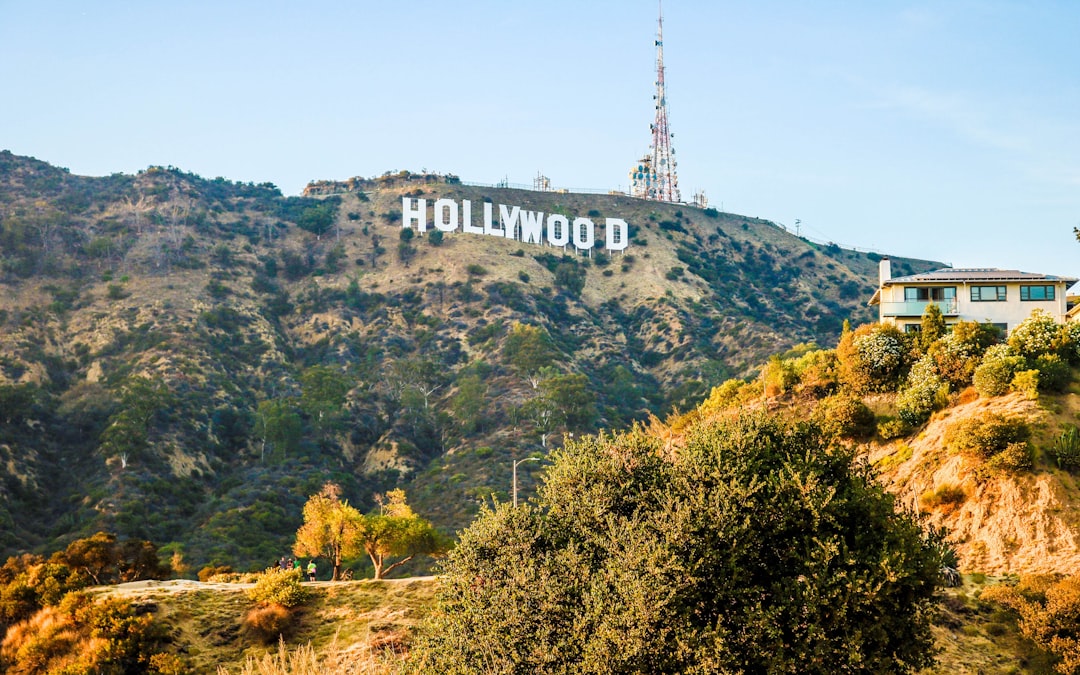Summary: The entertainment industry is grappling with how to respond to the rapid rise of AI technologies. While OpenAI pushes forward with tools like the Sora app, Hollywood executives express uncertainty and caution, especially around copyright and content use. The music industry shows more readiness to engage with AI, but overall, Hollywood risks being outpaced by fast-moving tech developments.
A Clash Between Silicon Valley and Hollywood
This week offered a clear view of the growing divide between Silicon Valley and Hollywood regarding artificial intelligence. At OpenAI’s DevDay, Sam Altman introduced the new Sora app, presenting it as a gift to content creators and suggesting that OpenAI might even be too restrictive in limiting AI-generated videos.
OpenAI’s Bold Move with the Sora App
Altman described AI as a tool that could deepen connections between creators and fans, likening it to a “new generation of fanfiction.” The Sora app quickly gained traction, hitting 1 million downloads on the App Store shortly after launch. This rapid adoption highlights how quickly AI tools are entering the entertainment space.
Hollywood’s Mixed Reactions to AI
At Bloomberg’s Screentime event in Los Angeles, media executives, agents, and studio heads shared their perspectives on AI’s impending impact. Paramount Skydance CEO David Ellison called AI a “new pencil” for creativity, emphasizing its potential as a tool rather than a threat. However, many attendees repeatedly expressed concern about copyright, though few addressed the fact that OpenAI trained its models on their intellectual property without permission.
Netflix co-CEO Greg Peters sidestepped direct questions about Sora, focusing instead on AI’s more traditional uses in production. Warner Music CEO Robert Kyncl stood out by insisting that content must be licensed for AI training and warning of consequences for those who disregard these rules.
Music Industry Takes a Stronger Stand
The music industry’s more unified stance contrasts with Hollywood’s hesitance. Having navigated challenges like music streaming, labels are better positioned to negotiate with AI companies. Kyncl expressed optimism that AI could ultimately benefit the music industry, drawing parallels to how YouTube evolved into a major distribution platform after resolving copyright issues.
The Road Ahead for AI and Entertainment
Despite these discussions, Hollywood lacks a cohesive strategy to address AI’s challenges. OpenAI’s approach—training models on vast amounts of content without explicit permission—reflects a tech industry pattern of seeking forgiveness rather than permission. As AI technology advances rapidly, Hollywood risks being left behind unless it develops a clear, collective response.
Follow topics and authors from this story to see more like this in your personalized homepage feed and to receive email updates.
Most Popular
- American politics has devolved into shitposting and aura farming
- Edifier’s new wireless speaker looks like a gaming PC
- Brendan Carr wants to let internet providers charge hidden fees again
- Belkin’s new power bank gives your smartphone a camera grip for $80
- Timex is resurrecting its first LCD watch 50 years later
